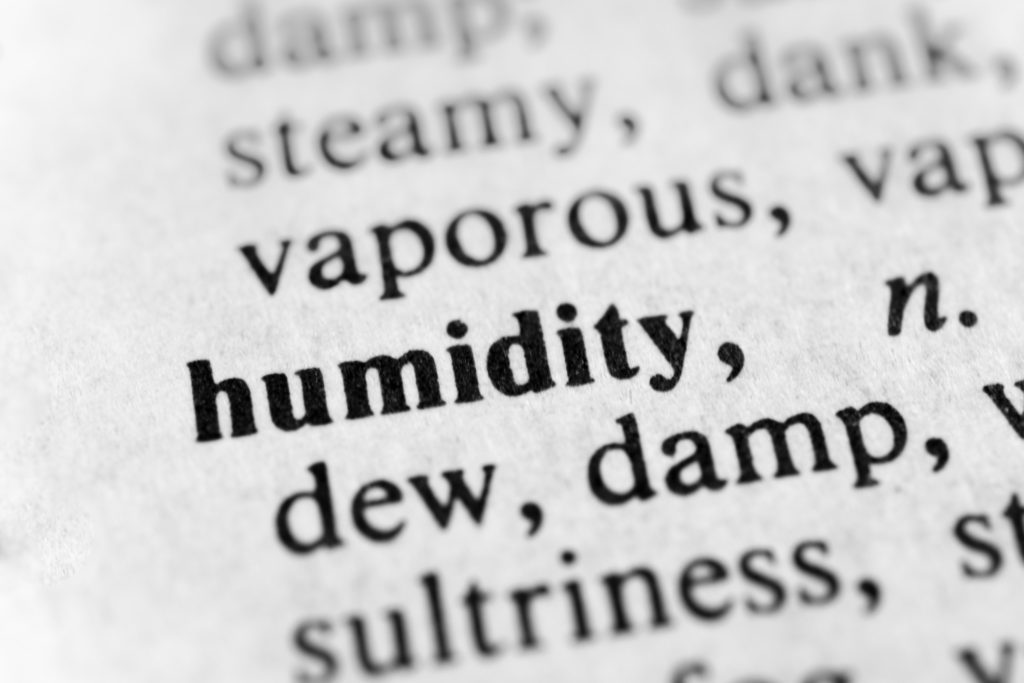
Did you know that too high of humidity can affect your sleep? You might not think about home humidity levels often, but they can affect your health and that of your home more than you realize.
If you’re reading this and thinking, “Well, what should the humidity level be in your home?” you’ve come to the right place. Keep reading to learn the best humidity level for your home, and what you can do to regulate it.
Best Humidity Level for Your Home
For the most part, the ideal humidity range is forty to sixty percent. This range is best for both your health and the health of your home.
If your home humidity level is routinely less than forty percent, it can cause dry skin and headaches, increase your chances of getting sick, and damage wooden floors and other items in your home.
On the other hand, if the humidity level in your home is too high, it can encourage the growth of dust mites, lead to the growth of mold and mildew, and exacerbate allergy and asthma symptoms.
What to Do if It’s Too Low
If the humidity level in your home is too low, there are a few different ways you can raise it. The first is to install a humidifier, either for specific rooms in your home or for your full house.
If that’s too much for your budget, or you’re not quite ready to invest in a humidifier, there are also some DIY fixes you can try first.
Filling your home with live plants can add a surprising amount of humidity to your home. You can also set out pans or bowls of water, particularly if you have a warm radiator to set them on. Finally, you can also look into increasing the insulation around your doors and windows.
What to Do if It’s Too High
For humidity that’s too high, you’ll need to take the opposite approach. If you regularly use an air conditioner in your home, turning down the temperature on it will also lower the humidity. If that makes it too cold, many air conditioners allow you to turn down the fan level, which should allow you to maintain a comfortable temperature.
Removing the houseplants from your home will also help, as well as keeping your windows open after you shower. If nothing else works, you can also purchase a dehumidifier for your home.
How HVAC Affects Humidity
If none of these solutions fix your humidity problem, it’s time to repair or replace your HVAC system. If you go this route, call on experts in HVAC maintenance that you can trust to give you the service you need.
Regulate Your Home Humidity Levels Today
Now you know the basics of home humidity levels and what to do when it’s too low or too high. Whether you get a humidifier, a dehumidifier, or call a repair service, a healthy humidity level in your home is worth the time and effort it takes to maintain.
Ready to get started? Contact us today to receive a quote!
